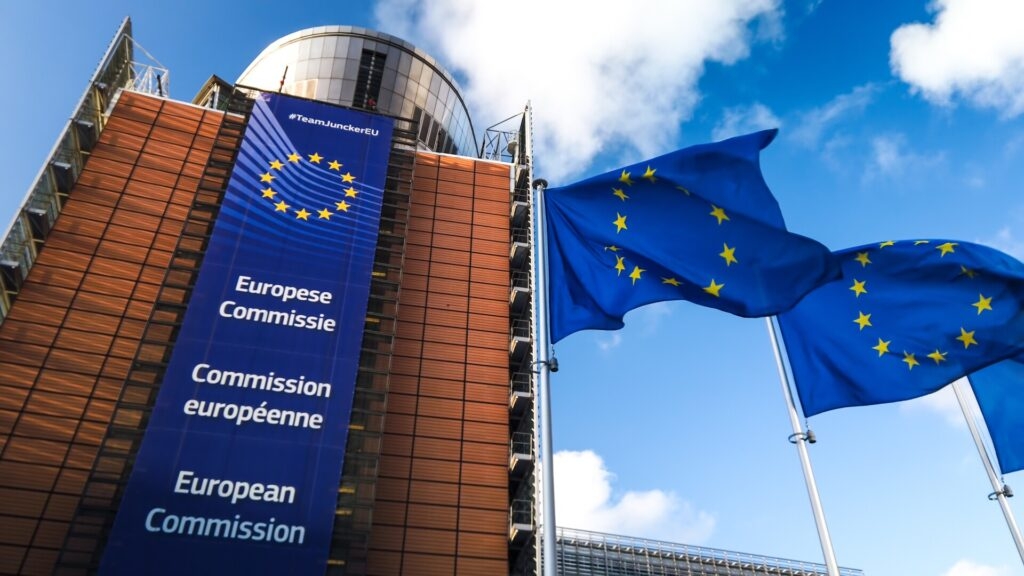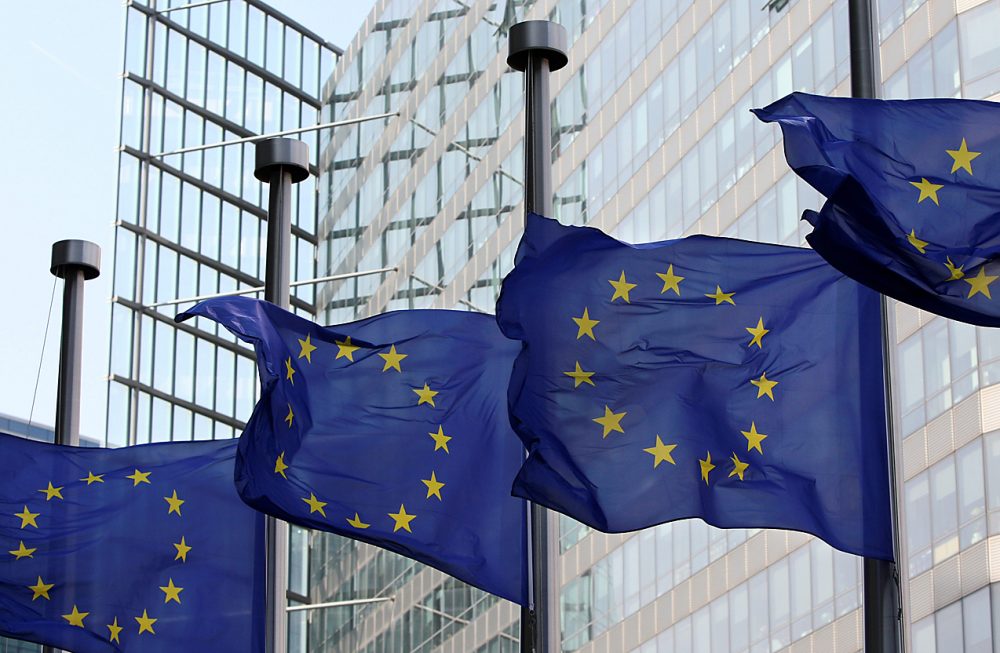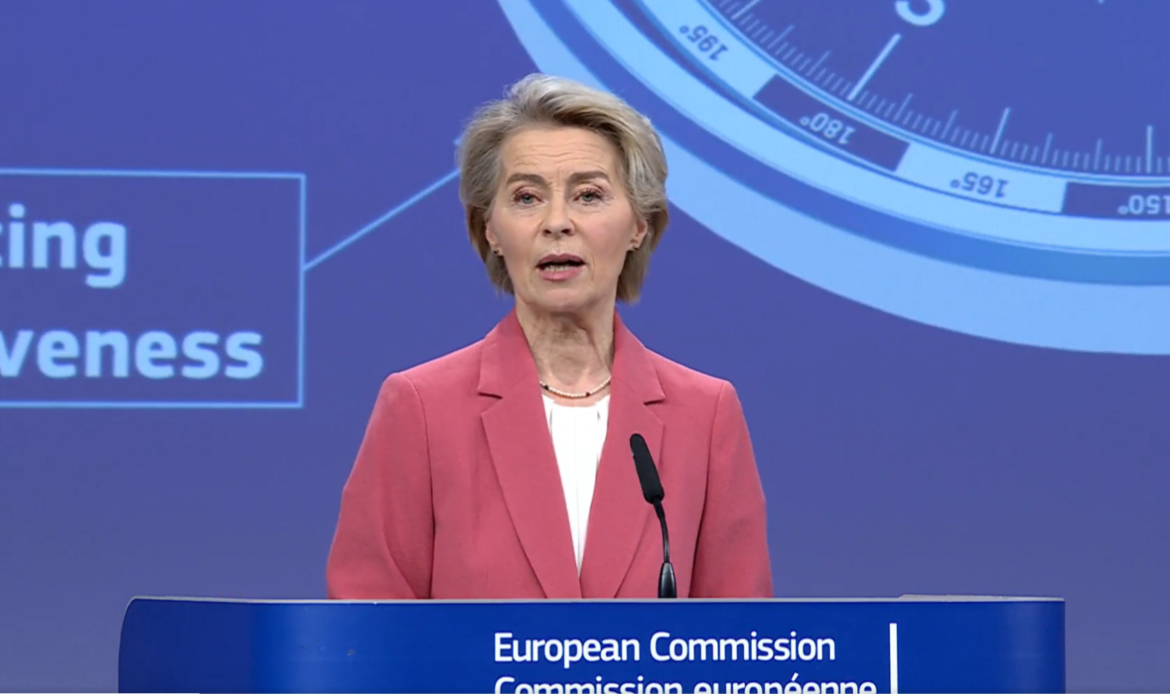GRI Warns the EU Against Eroding the Principle of Double Materiality in CSRD
The Global Reporting Initiative (GRI) is sounding the alarm, urging the European Commission to keep double materiality at the heart of its sustainability reporting rules. The message is clear: weakening this principle would compromise corporate transparency and undermine Europe’s leadership in sustainable business. With global momentum building behind double materiality, the Commission’s decision could shape a future where businesses thrive on clear, impactful reporting — or fall behind in the race for sustainable growth.

The Global Reporting Initiative (GRI) has called on the European Commission to uphold the principle of double materiality in the Corporate Sustainability Reporting Directive (CSRD). In a recent letter, GRI warned that diluting this principle could undermine transparency, erode trust in EU reporting standards, and diminish Europe's leadership in driving sustainable development.
Double Materiality: A Cornerstone of Effective Reporting
Double materiality mandates that companies disclose not only the financial implications of their activities but also their environmental and social impacts. This comprehensive approach ensures that investors, businesses, and policymakers can make well-informed decisions. Robin Hodess, GRI's CEO, emphasised in her communication with Ursula von der Leyen, European Commission President, and other senior officials that integrating environmental, social, and governance (ESG) factors into corporate reporting is essential for long-term sustainability.
The CSRD, alongside the European Sustainability Reporting Standards (ESRS), has helped enhance the competitiveness of the European economy by directing investments towards businesses that prioritise sustainability in their operations. Hodess cautioned that weakening the double materiality principle would undo significant progress made since 2014, when companies were first required to disclose their environmental and social impacts. Such a reversal would complicate data comparability, increase market volatility, and diminish investor confidence, threatening the broader objectives of the European Green Deal.
Growing Global Momentum for Double Materiality
GRI’s appeal is in line with an expanding international movement towards double materiality. Several major stock exchanges, including in China, have already adopted similar requirements, recognising the need for detailed sustainability data. At the 4th International Conference on Financing for Development (FfD4), GRI and 11 global partners urged governments to establish consistent sustainability reporting regulations that incorporate double materiality. This momentum highlights the importance of maintaining high standards for transparency and accountability in sustainability reporting, with the EU continuing to play a leading role.
The EU’s Role in Shaping Global Sustainability Practices
The European Commission’s position on double materiality will have a profound impact on the future of EU sustainability reporting and global practices. The EU has long been at the forefront of promoting ambitious sustainability goals, and its regulatory framework for corporate reporting has been central to this leadership. By retaining the double materiality principle, the EU will create a stable and predictable environment for businesses, encouraging investment in sustainable practices and fostering long-term economic resilience. A weakened approach could lead to fragmented reporting standards, making it harder for businesses to align with global sustainability targets.
Strategic Implications for Businesses and Investors
For businesses, double materiality is more than just a compliance measure — it is a strategic tool that helps identify risks and opportunities tied to environmental and social factors. By understanding the full scope of their impacts, companies can align their strategies with emerging sustainability trends, improve resilience, and enhance their long-term performance.
For investors, factoring double materiality into decision-making processes enables better risk management and more accurate forecasting of a company’s future potential. This approach supports investments in companies that are financially strong and socially responsible, reducing the risks of hidden costs and reputational damage. In the long run, double materiality fosters a more sustainable, low-carbon economy and provides investors with a competitive edge in a rapidly evolving market.
Conclusion: A Defining Moment for EU Sustainability Policy
GRI’s call to retain double materiality in the CSRD represents a pivotal moment in the EU’s sustainability journey. The European Commission’s decision will determine whether Europe continues to lead global sustainability efforts or shifts towards a more fragmented approach. By maintaining robust, transparent, and impactful reporting standards, the EU can set a powerful example for businesses and investors, ensuring the long-term success of the sustainability agenda.



